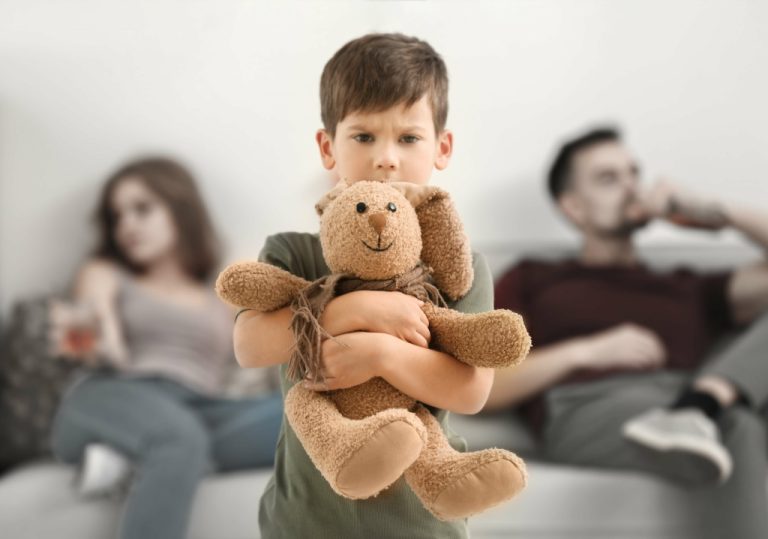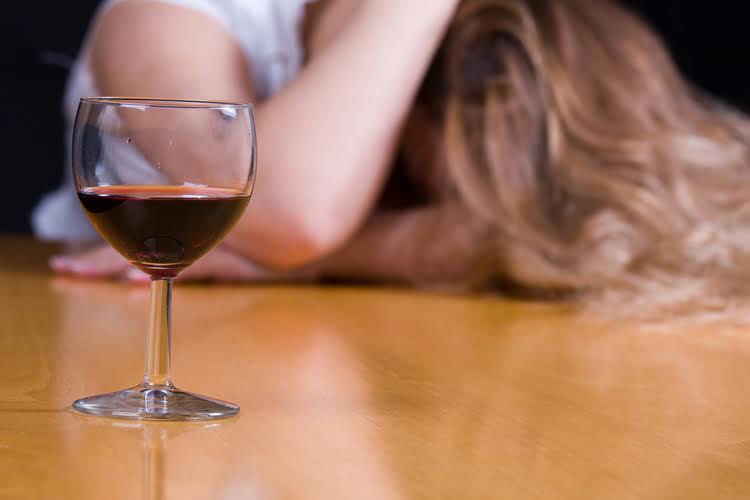Binge Drinking Alcohol, Bruising Or Discoloration, Dizziness And Dry Skin
While many may think it is, it is not part of the diagnostic criteria for substance use disorder, the clinical term for alcoholism. For those that drink alone, there is a risk to this, and the potential to develop very bad habits and coping skills. Consistently drinking over a period of time leads you to develop a tolerance to alcohol.
Prozac Withdrawal: Managing Symptoms and Finding Balance
So you can reduce the risk and secure your well-being too, by taking the preventive measure. The consumption of alcohol affects your coordination and judgment and, likely increases the chances of accidents – bumping into things and falling. Most bruising after drinking often stems from unseen or unnoticed injuries. Chronic drinking makes the liver incapable of performing its work, and the levels of the proteins become deficient. Bruises all over your body after drinking because the wounds take more time to heal and let blood leak under the skin.
Q2: Can alcohol thin the blood too much?
- Yes, certain medications can interact with alcohol to increase the risk of bruising.
- It often drives people with alcoholism to keep drinking in order to limit these symptoms.
- While alcohol itself does not directly cause bruising, there are factors related to its use that can contribute to bruising at the puncture site.
- Over time, the damage done can lead to alcoholic neuropathy, where the peripheral nerves in your limbs have been badly damaged by alcohol.
- Factors such as alcohol’s blood-thinning effects, impaired coordination, and liver damage can increase the risk of bruising.
For example, a case of rectus abdominis hemorrhage (#3) occurred after an episode of coughing. Splenic sequestration is another factor, especially in individuals with alcohol-related liver disease like cirrhosis. Liver damage can lead to portal hypertension, causing the spleen to enlarge (splenomegaly). An enlarged spleen can trap more platelets than usual, removing them from circulation and leading to lower counts. Less commonly, alcohol might also trigger an immune response where the body’s immune system mistakenly attacks and destroys its own platelets. A common concern is the link between drinking alcohol and low platelet counts, known as thrombocytopenia.
Addressing Alcohol-Related Low Platelets

A bruise is a common skin injury from damaged small blood vessels just beneath the skin’s surface. When these vessels break, blood leaks into surrounding tissues, causing the characteristic discoloration. Alcohol consumption can contribute to bruising, both through its direct effects on the body’s systems and indirectly by increasing the likelihood of injury. In conclusion, while alcohol itself does not directly cause bruising, it can indirectly contribute to its occurrence. Factors such as alcohol’s blood-thinning effects, impaired coordination, and liver damage can increase the risk of bruising. It is important to consume alcohol in moderation and take necessary precautions to prevent accidents or falls to minimize the risk of bruising.

- Vitamin K supplements or foods rich in vitamin K can help support blood clotting and reduce the likelihood of bruising, especially for individuals who consume alcohol regularly.
- Unexplained bruises and scrapes may be observed more frequently, and alcoholics can have reduced platelet counts and other clotting factors, making them more likely to bruise.
- These bruises have distinctive dots at the bottom and can appear black on the skin’s surface.
When someone develops an alcohol use disorder, they will show signs or symptoms that are characteristic of this condition. To a lesser extent, vacuoles also develop in the granulocyte precursors of alcoholics. If you or someone you know is struggling with alcohol abuse and experiencing frequent bruising, can alcohol cause bruising it is crucial to seek professional help.

Hence, drinking before bed can cause https://investorgroup.hu/sober-living/building-a-support-system-in-recovery-a-step-by/ sleep disruptions later in your sleep cycle and lead to insomnia symptoms over time. Alcohol suppresses rapid eye movement, or REM sleep, which is an essential restorative stage of sleep your body requires. And since alcohol is a diuretic, you’ll probably visit the bathroom more frequently at night, which can significantly hinder sleep. Alcohol is one possible culprit for heartburn because it may lead to increased production of stomach acid.
Alcohol and Bruising: Understanding the Relationship and Tips for Minimizing Post Blood Draw Bruising
However, alcohol can increase the likelihood and severity of bruising in all skin types. While alcohol may have numbing effects that temporarily reduce pain, its overall impact on bruising is negative due to its blood-thinning properties. All types of alcohol can contribute to bruising, as it’s the alcohol content itself that affects blood thinning and blood vessel fragility.
How does alcohol affect blood vessels?
Alcohol is a vasodilator, it does bring out this feeling of dilatation in any single body organ throughout the body’s vessels. Alcohol impairs your cerebellum, the part of your brain that’s responsible for coordinating your movements, Swartzwelder says. Plus, you’re more susceptible to an accidental fall or bump after you’ve been drinking, anyway.
At this stage, the alcoholic may appear to be functioning normally and is unlikely to have performance problems at work, school or in other Halfway house settings. In fact, they may mistakenly believe that drinking actually helps them to function better. Additionally, heavy drinkers usually get most of their calories from alcohol.




